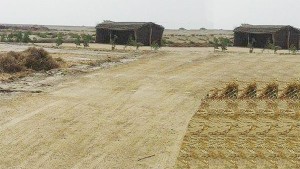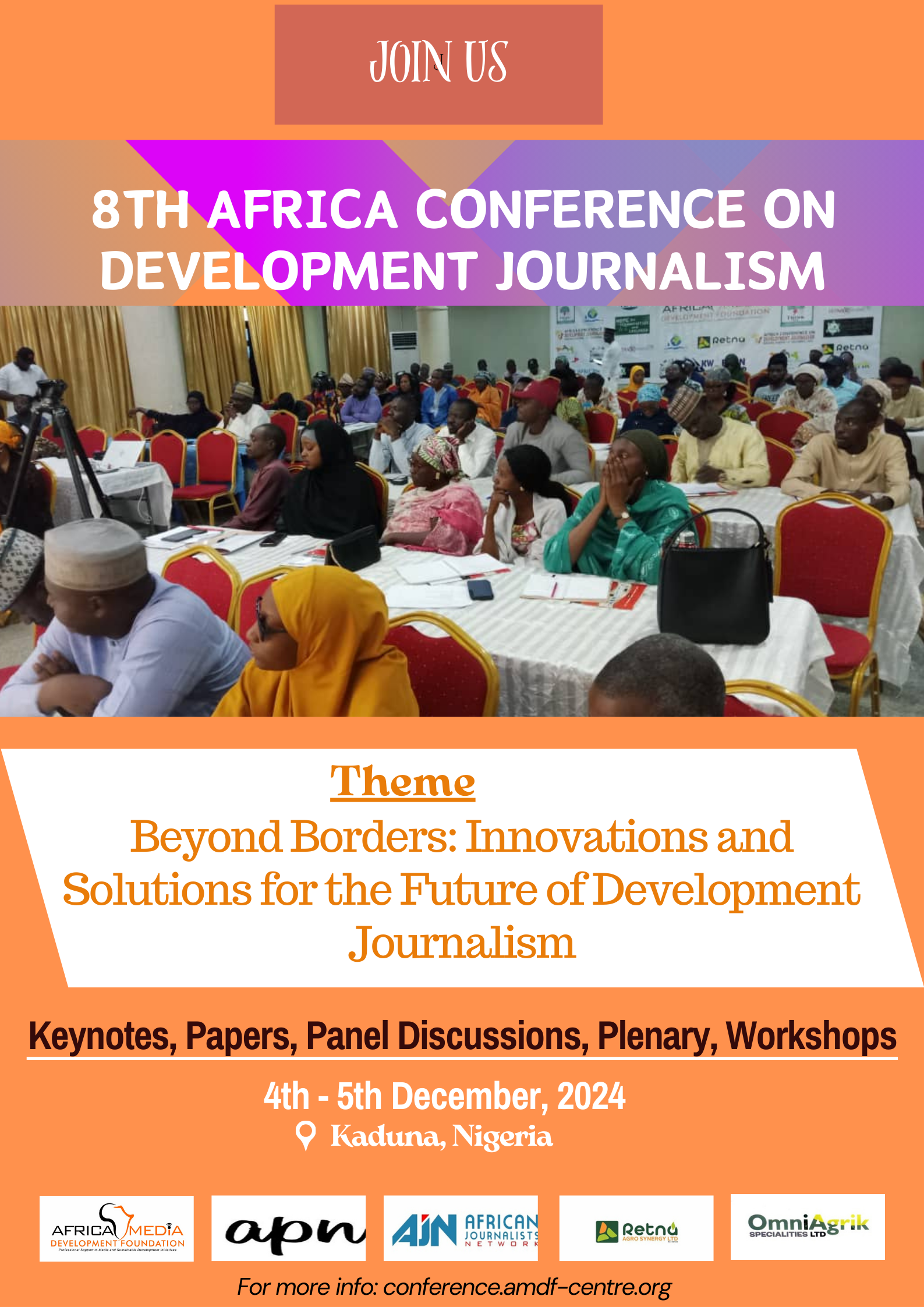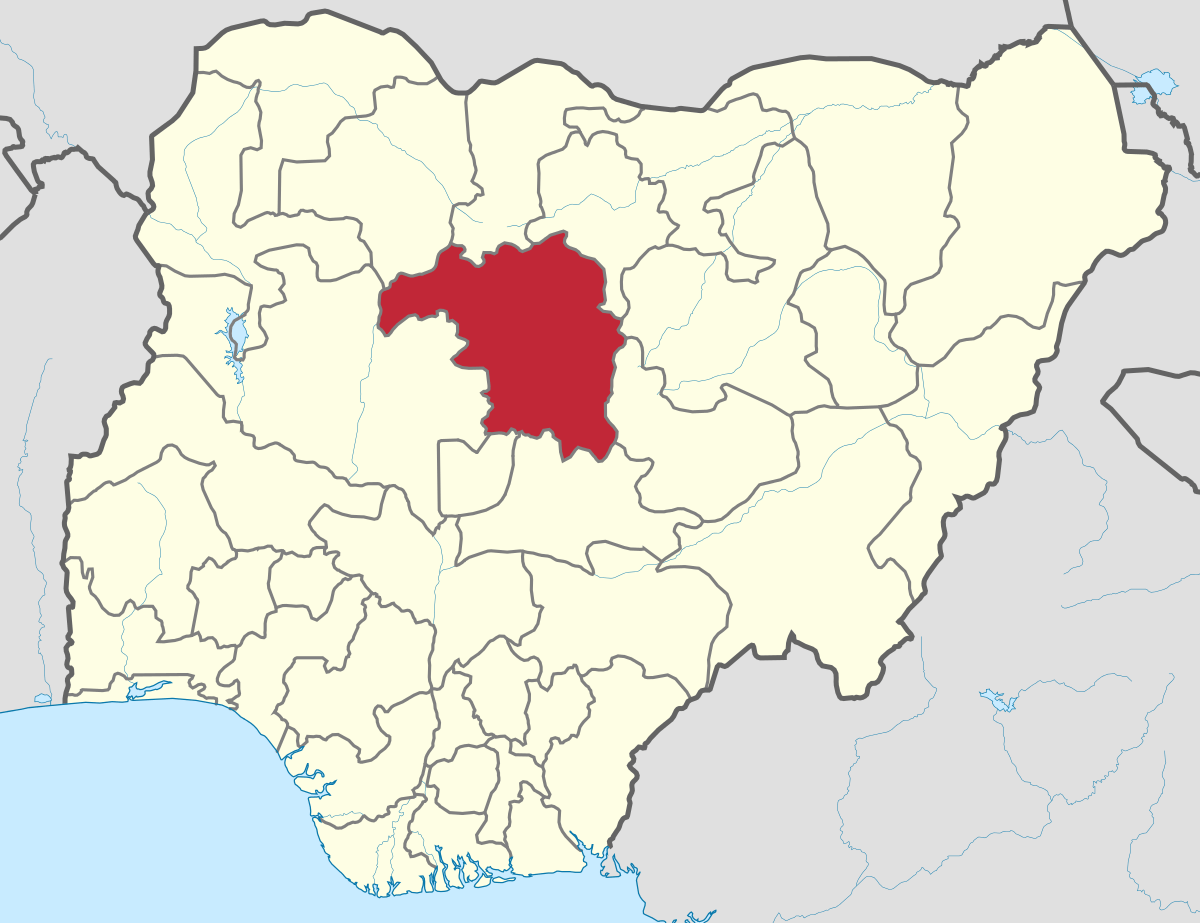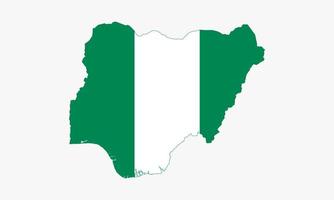By Jan Khaskheli
Ali Hassan Mirbahar, who was born and grew up near the Indus, has many tales to tell of his experiences related to the river. He may not be a centenarian, as he says he is, but he’s considered the oldest person in his own village and in nearby ones.
He spent most of his life in the village of Kaka Mirbahar which was one of the villages located in a forested area. Mirbahar also worked as a shepherd, at the same time engaging in woodcutting, honey-gathering, and collecting fodder. He sold the products in the urban market, mostly in Hyderabad.
Despite belonging to a fishermen’s clan, he never owned a boat, he says. He couldn’t afford one, and he didn’t really think it necessary to get a boat for fishing. So he expertly used nets to catch fish from the forest’s ponds and streams.
Mirbahar has nine sons, three daughters, many grandchildren and a large number of great-grandchildren. His family is among hundreds of families belonging to the Mirbahar clan who were forced to migrate from the catchment areas of the Indus in the 1970s. The government ordered them to leave. The forests had to be cleared, the officials told them, so that criminal gangs couldn’t use the thick foliage for cover after committing crimes. The villagers had to leave with their belongings on bullock carts and on camels and donkeys, he said. Among the many other things the riverine and forest communities were deprived of are the ancestral dwellings which had become part of their very existence.
In 1973, or thereabouts, he said, residents of five villages, at least 300 families altogether, had to move out.
Before they had to abandon their villages, the forest communities didn’t treat floods as a threat. This, he explained, was because the inhabitants had always been prepared for calamity. Before the floods arrived and the waters rose too high for safety, they had already moved to safe places on higher ground. When the villagers returned after the floodwaters had receded, they had increased sources of income for the immediate future: fresh grass for the herds, land now silted by the floodwaters did not need fertiliser. There were always fish in the ponds anyway, as well as the beehives everywhere, he recalls.
After the government’s move, village elders took a near-unanimous decision to move out, with their belongings loaded on bullock carts, camels and donkeys, he said. After they left, they made for the open ground near villages neighbouring Hyderabad. Some weeks later, they moved with the animals to another place, he said. Since that time they have been living at the present location which is close to the river embankment. They want to remain as close to the river as possible, he said, and to the remaining forest land.
Ali Hassan remembers the happy life before they were forced to abandon their dwellings, the green pastures, the clear ponds full of fish, and the fruit-bearing trees with the birds chirping on their branches.
Sadly, he says, his larger family does not have a single cow now. This is because the clan had to sell out as many of its assets as possible to survive, and these included the cows. The milk for the children has to be bought nowadays, he said.
Among the many events he has witnessed was the mass migration of people during the partition of the subcontinent—with refugees arriving from India to the new country and those having to leave for India. With radio as a quite rare thing even in towns, the only source of information for the villagers was large urban centres like Hyderabad, Nawabshah and Larkana. In turn, the information was brought back to the village by those who had gone to the cities and towns to buy necessary rations and to sell milk, butter, honey, handicraft, pottery and fuel wood. The visitors returned with more information on the grim situation. Sometimes, if it was too “political,” the information brought back was not of much interest to many villagers. From that point on, the information reached the more remote communities living in the forests with their animals.
Development, as it is known as nowadays, hasn’t really reached many villages. In the case of Kaka Mirbahar, his partly electrified village, there is only one television set for the entire community. In any case, the villagers “do not have time” to watch TV and learn about politics. He says he hates politics, which for him is a kind of game continuously played by electoral candidates.
Bilawal Mirbahar, Ali Hassan’s grandson, said he works as a daily wager in the fields now being worked in an area which was forest not too long ago, earning a daily wage of Rs250. Aside from teenagers and other youths, he said, even old people have to work to contribute to family incomes to meet the needs.
Ali Hassan himself, despite his deteriorating health has been assigned a task to take care of the makeshift cattle farm of 40 cows near his village. He stays there from dawn to dusk. He gets a meagre amount of a few hundred rupees, but calls it enough to have his own money.
Ali Hasan’s daughter, Zohra, who is the mother of seven children, agrees with him, saying the relationship of the inhabitants Kaka Mirbahar with the river is fundamental to villagers’ lives. Everyone, male and female, is dependent on the river to earn their livelihood, since it’s the river which ultimately waters the fields.
Ali Hassan said of his attachment to the river that it has always been a regular routine with him to visit the riverbank after dawn. The river and what remains of the forest is the “native place” for him. The river and the forest is where he grew up. He loves to visit the areas he has always known, identify the old tracks, the ponds still remaining despite the scourges of “progress.” Many times he returns disappointed from the forest. Because of the change, sometimes he comes across things he does not recall having ever seen before.
Story curled from http://magazine.thenews.com.pk/mag/moneymatter_detail.asp?id=11564&magId=10&catId=281








